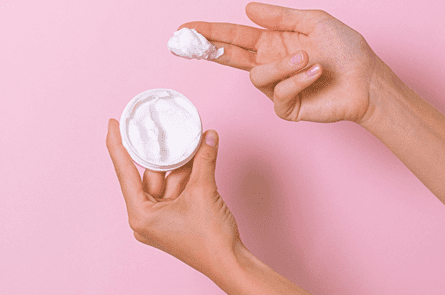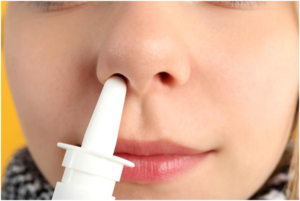The hot and humid weather of Singapore isn’t ideal for every skin. Prolonged exposure to the sun causes skin damage and premature aging. At the same time, the humidity in the atmosphere results in a sticky skin texture and clogged pores that further worsen your skin condition. This may take a toll on your mental health and self-confidence, leaving you wondering, “What helps skin whitening?”
Worry no more! In this article, we’ll discuss some skin whitening tips to help you achieve the much-desired fair complexion. Continue reading!
What Causes Dark Skin?
Dark skin tone occurs when you have excess melanin or overactive melanocytes. In Singapore, various reasons contribute to skin darkening or pigmentation. Some of these include:
● Excessive exposure to sun
● Aging
● Hormonal changes
How to Have White Skin – Tips
Here are some tips that help you in skin whitening:
1. Focus on Your Diet
Remember, whatever you eat, it’s visible on your skin. A diet lacking essential nutrients like vitamins C and E results in uneven skin tone or skin darkening. It’s because these nutrients act as a shield against hyperpigmentation. Therefore, it’s important to have a healthy diet rich in nutrients to enjoy fair and lovely skin.
For instance, you can take papaya and pomegranate as both are rich in polyphenols, phytochemicals, enzymes, and vitamins. They whiten your skin by lowering UV-triggered melanin production and preventing hyperpigmentation.
In addition, you can also incorporate skin whitening drinks like orange juice into your diet. The vitamin C in oranges shows incredible results in treating UV-induced hyperpigmentation. It also manages toxin levels in the blood, protecting your skin from acne. Our collagen tablet in Singapore is also a popular choice of many.
2. Use Sunscreen
No matter how much emphasis we put on it, it’s never enough. Using sunscreen, especially in the Singaporean weather, is mandatory. A good sunscreen ensures you stay safe from sun damage and air pollution. It acts as a barrier and protects your skin against UV rays, preventing excessive melanin production.
So, you should look for a broad-spectrum sunscreen with a good SPF rating. Apply a good quantity of sunscreen to your exposed skin, such as your neck, arms, face, and more, before going outside.
Tip: You should know that the SPF formulations vary for each brand. Make sure to consult your dermatologist to get advice on which sunscreen best suits your skin.
3. Cleanse the Skin Daily
The accumulation of sweat, oil, and environmental pollutants can easily clog pores, leading to skin issues like acne and dullness. This requires cleansing your skin twice daily to remove all impurities, maintain its clarity, and have a skin-whitening effect.
Opt for a gentle cleanser that cleans the skin but doesn’t strip it of its natural moisture. Check for ingredients like glycerin and hyaluronic acid, which keep the skin hydrated and leave it fresh and supple.
4. Incorporate Antioxidants
Incorporating antioxidants like vitamin C serum is vital, especially in Singapore’s sunny weather. Antioxidants neutralize free radicals released by various elements like UV rays and environmental pollution. This helps prevent aging and cellular damage.
Vitamin C, in particular, is a strong antioxidant popular for its anti-inflammatory properties. It stimulates collagen production, fades dark spots and hyperpigmentation, and gives you fair, white skin.
Prepare for rainy days, keep a tube of antifungal cream in your drawer for emergency.
Conclusion
Just follow proper skin whitening tips to ensure your skin stays fresh and fair in the highly humid Singaporean weather. A few things that help are applying sunscreen and cleansing the skin twice daily. In addition, focus on taking a healthy diet and incorporating antioxidants to keep your skin protected from UV damage.
Get on the right track for healthy baby skin with baby rash cream today. Checkout our stores.





